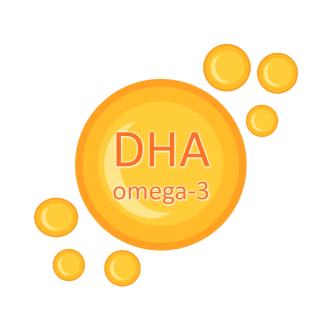
Zinc is an essential mineral that plays a crucial role in supporting the immune system. It is involved in various immune functions, and a deficiency in zinc can lead to impaired immune function. Here are some key reasons why zinc is important for the immune system:
- Antioxidant Defense: Zinc is a component of several antioxidant enzymes, such as superoxide dismutase (SOD). These enzymes help protect the body's cells from oxidative stress, which can damage the immune system and make it less effective.
- Immune Cell Development: Zinc is necessary for the development and function of various immune cells, including white blood cells (leukocytes), neutrophils, and natural killer cells. These cells are crucial for the body's defense against infections.
- Inflammation Regulation: Zinc helps regulate the body's inflammatory response. It can modulate the production and release of inflammatory cytokines, which are signaling molecules that play a role in immune responses. Proper inflammation regulation is important for a balanced immune response.
- Barrier Function: Zinc is important for maintaining the integrity of the skin and mucous membranes, which serve as physical barriers to prevent pathogens from entering the body. This barrier function is the first line of defense against infection.
- T-Cell Function: Zinc is essential for the function of T-lymphocytes, a type of white blood cell that plays a central role in adaptive immunity. These cells are critical for recognizing and destroying specific pathogens.
- Wound Healing: Zinc is involved in the process of wound healing, which is closely related to immune function. It helps in the repair and regeneration of tissues damaged by infection or injury.
- Prevention of Infections: Zinc supplementation has been shown to reduce the severity and duration of various infections, such as the common cold. It can also reduce the risk of respiratory infections, particularly in people with zinc deficiencies.
It's important to note that while zinc is essential for a healthy immune system, excessive zinc intake can be harmful. It's recommended to meet your daily zinc requirements through a balanced diet, which can include sources like lean meats, seafood, nuts, seeds, and whole grains. If you suspect a zinc deficiency or are considering zinc supplements, it's advisable to consult a healthcare professional for guidance, as they can determine the appropriate dosage and monitor your zinc levels to avoid potential side effects.
Superfood quinoa and its benefits
Quinoa (pronounced "keen-wah") is a plant and food grain that originates from South America, primarily the Andean region. It is one of those foods that have gained worldwide popularity due to its numerous health benefits. Quinoa is often described as a "superfood" because of its high nutritional value. Here's a detailed description of quinoa, how to use it, and its benefits:
Quinoa (Chenopodium quinoa):
Eggs have a positive effect on heart health as they contain unsaturated fats and important nutrients such as folate and omega-3 fatty acids
Eggs have been a subject of debate when it comes to their impact on heart health due to their cholesterol content. However, recent research has provided a more nuanced understanding of eggs' influence on heart health, suggesting that they can be part of a heart-healthy diet when consumed in moderation. Here are some of the ways eggs can have a positive effect on heart health:








